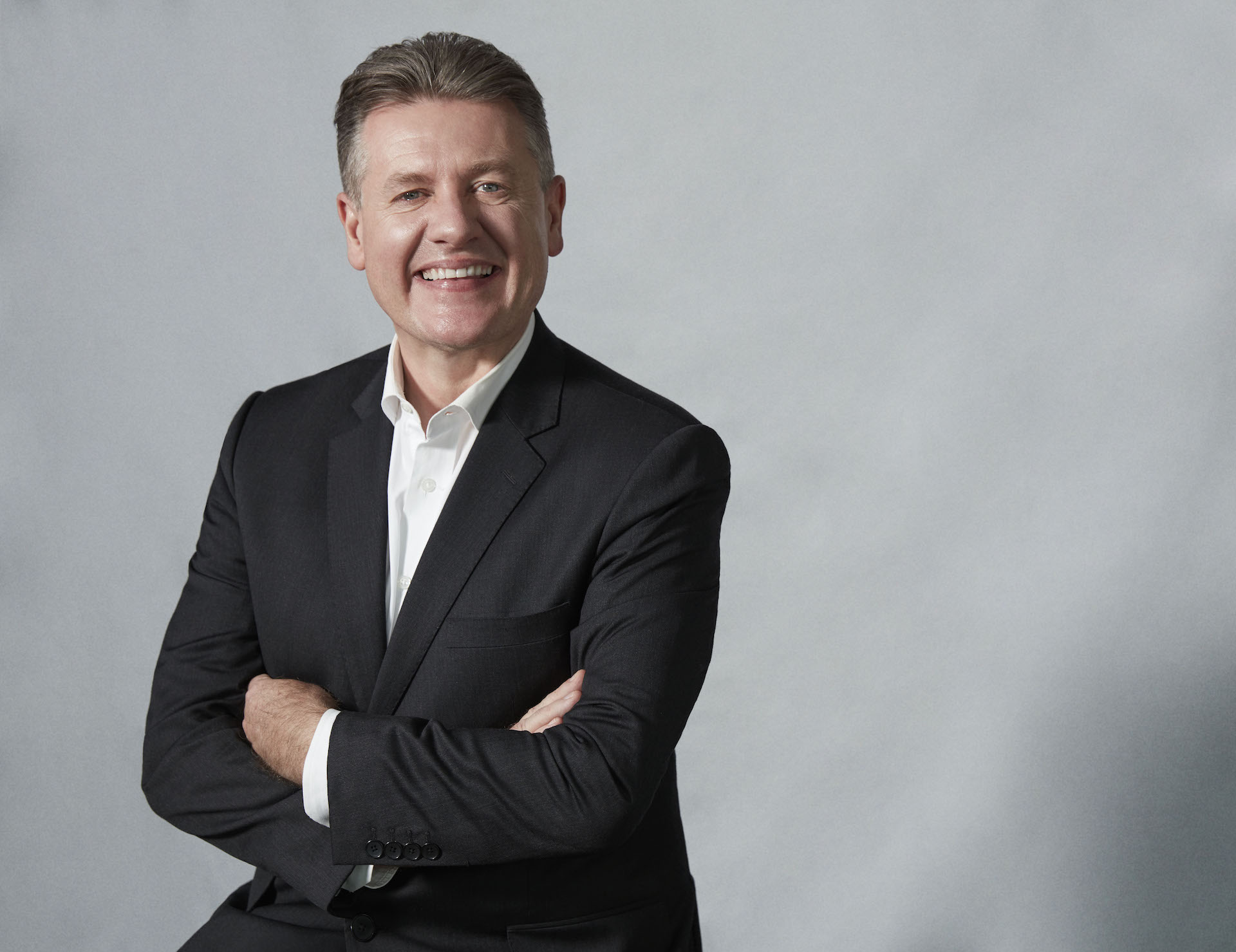Wilf Blackburn is Regional CEO, Insurance Growth Markets at Prudential Corporation Asia. He spoke to PeopleSearch recently about leading amid the Covid-19 crisis and the role that recruiters can play in helping organisations come out of it stronger than before.

Wilf Blackburn oversees 16 businesses across Asia and Africa in his role as Regional CEO of Prudential’s Insurance Growth Markets. Up until earlier this year, he was CEO of Prudential Singapore for close to four years, where he led the company through a successful transformation journey.
An industry veteran with close to three decades of life insurance experience, Wilf has seen various transitions over the years, especially as the pace of change picks up in the insurance sector.
“Customers in Asia are savvier about personal finances and their health and well-being. As a result, they have higher expectations in terms of control, quality advice, customised offerings and speed of service. In response, the insurance industry has become more customer-centric in its approach, more anticipatory rather than reactionary,” he says.
To continue to be relevant to customers, new solutions must be designed and built around customers’ real needs, and delivered conveniently.
The Covid-19 pandemic has only accelerated these efforts.
COVID-19 HAS ACCELERATED TRANSFORMATION
“We have kept our focus on ensuring the health and well-being of our employees and agency force, so together, we can take good care of our customers. We recognise, especially during a crisis, it is important to listen closely to customers and be quick to act on their needs. We are leading through these extraordinary times by adapting to rapidly changing circumstances,” he says.
Prudential was the first to provide free Covid-19 coverage when the pandemic emerged in China and Hong Kong, and later in other markets in Asia. Working jointly with partners in the region, Prudential saw nearly half a million uptakes in free Covid-19 cover. The insurer also enabled premium deferrals for those suffering financial hardship.
Such quick actions were possible because Prudential fast-tracked the digitalisation of its core operations. It moved activities such as recruitment, training and advisory online and worked closely with regulators to allow more products to be sold virtually. It also simplified claims processes and set up dedicated online channels for customers.
“The life insurance business has traditionally relied on face-to-face interactions. With such interactions becoming challenging as a result of the social distancing measures imposed during the pandemic, we rapidly embraced technology, further digitalising our operations to ensure service continuity,” says Wilf.
Prudential has also moved quickly into the digital health space, recognising that people are increasingly worried about their health and well-being.
As the Covid-19 situation escalated across the world, Prudential sped up the launch of Pulse by Prudential, a digital health app, across Asia. The artificial intelligence-powered app had been in development for over a year. Through Pulse, Prudential aims to make healthcare more affordable and accessible to people in the region.
SUSTAINING HIGH-PERFORMANCE IN TEAMS
As a leader of high-performing teams across the region, Wilf sees the striking impact of Covid-19 on the way we work and how teams are managed daily. For instance, he sees that remote working will continue, and this will precipitate a shift in management and leadership styles.
“With the work from home situation persisting, people have to be managed and measured on output rather than input. And as leaders, we must be agile and adaptable to accept these new ways of management. We need to recognise that in these unprecedented times, all of us are experiencing new ways of working that could become the new norm because our teams find they work better – more efficiently, productively and flexibly.”
And to be successful in this new normal where teams are spread out and don’t see one another as often, communication is critical.
“Communicating is more important than ever before. During a crisis, it’s important to assure employees, and ensure they feel connected to the bigger team and company.”
He also encourages his team to take measured risks and embrace every opportunity to learn, grow and develop.
“In today’s world, the innovative and most adaptive companies are the ones that are thriving the most. Employees need to be comfortable with being uncomfortable, and leaders need to be able to inspire action.”
RECRUITING FOR THE FUTURE
Being successful in a post-Covid-19 world will require upskilling and reskilling, and employers need to play their part to ensure talent development.
“It is important to prepare employees for the future by investing in their knowledge, skillsets and in equipment so that they can thrive in this digital world.”
In helping employers identify candidates with the right skillsets to take on the demands of work in the post-crisis world, professional recruiters can play a role.
“In today’s rapidly changing times, recruiters need to stay close to clients, understand how their businesses are transforming and support them in finding the right talent who can propel the business forward. As an employer, we are more receptive than ever before to hiring people with unique skillsets, perspectives, and professional experiences beyond insurance, so that we can challenge our paradigms and embrace new ways of doing things.”




Leave A Reply